What to Expect in Your 60s


A Happier Decade?
Surveys show that aging and happiness often form a U-shaped curve. The line dips slowly from your youth to your middle years, then rises in your 40s and 50s. About 1 in 3 people in their 60s say they’re “very happy” -- slightly more than those under 35. Life probably taught you to savor good times and know that bad times will pass. But your golden decade can bring new challenges, like health or money worries and the deaths of loved ones.

Cancer Risks
If you ever find out you have cancer, you’re most likely to get the news in your 60s. Half of breast cancers are diagnosed at age 61 or older. For colon cancer, the median age is 68. Older age is what’s most likely to raise your odds of having all types of cancer. Get your recommended screenings. Ask your doctor how often you should go in for mammogram, colonoscopy, or prostate tests.
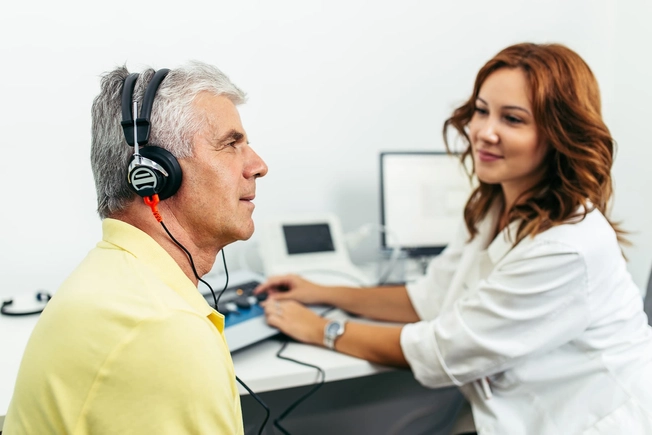
Hearing Loss
Wait … what? Four out of 10 Americans in their 60s have trouble hearing. It’s one of the most common conditions of aging. Hair cells in your inner ear naturally die off as you get older. Infections, heart conditions, stroke, head injury, or certain medications also can erode your hearing. Yet 80% of people who may benefit from hearing aids don’t wear them. Even most of those who do wait more than 10 years on average before they get help.
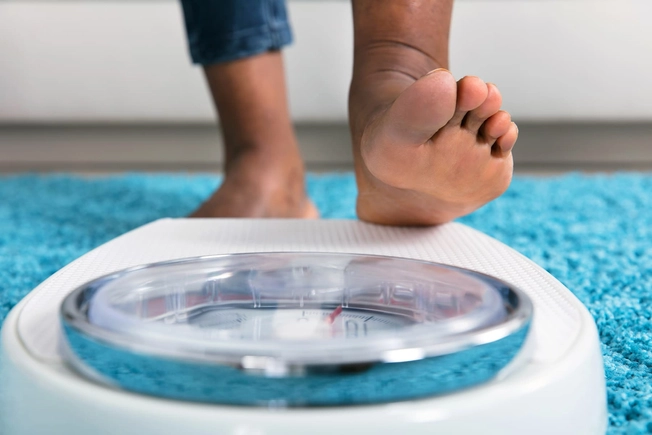
Weight Creep
No, getting older does not have to equal putting on the pounds. Yes, your metabolism -- how quickly your body burns calories -- often slows as you age. But a poor diet and lack of exercise probably are bigger reasons why the number on your scale climbs higher in your 60s. So get active, build more fat-burn muscles, and watch what you eat.
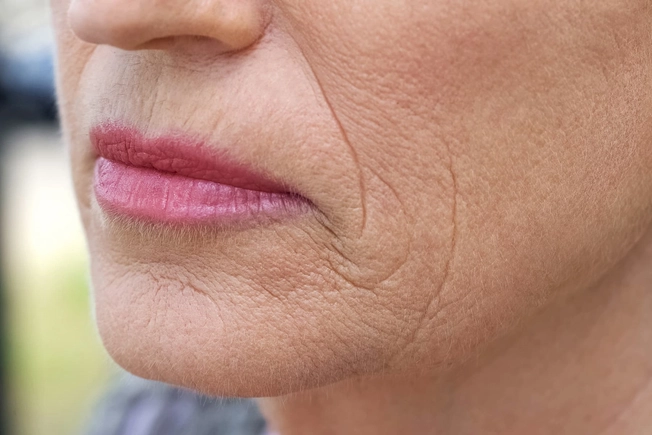
Skin Changes
During your 60s, your first two layers of your skin -- the epidermis and dermis -- thin and flatten out. Your skin turns drier and itchier and may look like crepe paper or tissue. Wrinkles, age spots, creases, and bruises become more noticeable. Your sweat glands also get less active. That means you might not sweat as much, but wounds on your skin may take longer to heal.
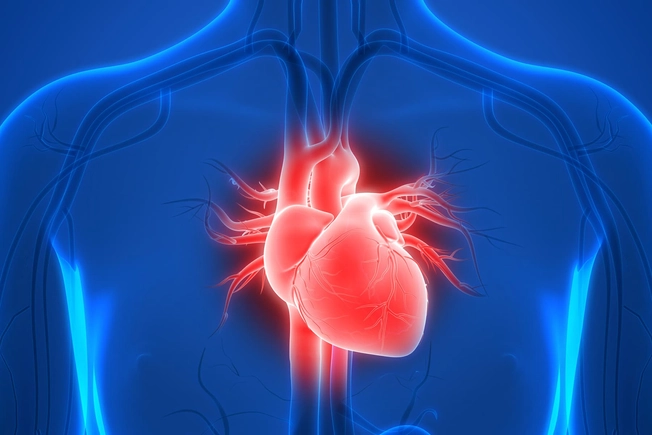
Heart Troubles
Your mid-60s and beyond are a prime time for a heart attack, stroke, or heart failure. Heart disease is the No. 1 cause of death for Americans. You can’t undo the natural toll that comes with aging. But you can do a lot to keep your ticker healthier. Don’t smoke, and limit salt, sugar, and saturated fats from meats and dairy. Aim for half an hour of walking, yoga, swimming, or other active moving each day.

Brain Power
Many people in their 60s start to notice that their minds aren’t quite as sharp as before. It may take you longer to recall names and facts, recognize patterns, or solve problems. This mental decline only continues as you age. On the upside, your vocabulary, knowledge, and long-term memory likely will stay stable.
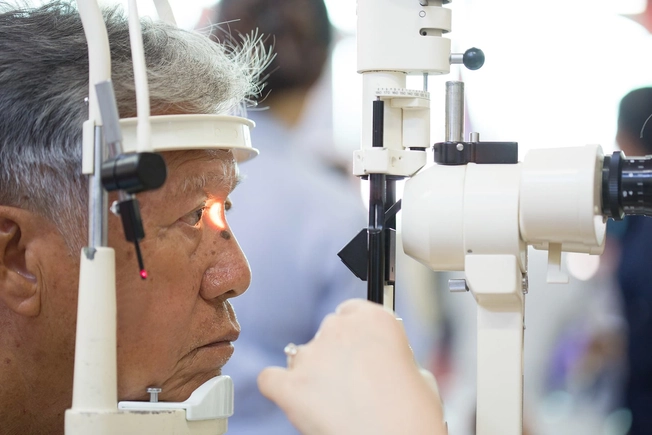
Vision
By age 65, you have a 1 in 3 chance of having eye diseases like cataracts, dry eye, or glaucoma that hamper your vision. One of the biggest threats is age-related macular degeneration, which destroys the central part of your vision you need to read or to drive. Get your eyes checked every year, even if you don’t notice a problem. Most eye diseases don’t cause pain, but they can be treated if caught early.

Bones and Joints
Aging and not moving enough can turn your body creaky. Watch out for weak muscles and achy joints that snap and pop. Ask your doctor if calcium and vitamin D supplements may strengthen your bones. If you’re a woman, get a bone scan at 65 for osteoporosis, the “brittle” bone disease. Men should talk to their doctor to see if osteoporosis screening is right for them.

Sleep Quality
Even in your 60s, you still need 7 to 9 hours of slumber every night. But a good snooze can be harder to come by. As you age, your body makes and releases less of the sleep hormone melatonin. That can keep you from falling -- and staying -- in deep, restful sleep. Daytime naps throw things off, too.

Rising Blood Pressure
Over the years, fatty deposits build up in the walls of your arteries, like a clogged drain. On top of that narrowing, your large arteries stiffen with age, a condition called arteriosclerosis. The extra force makes your blood pressure go up. Your readings can be dangerously high, but you may not have any symptoms. But hypertension can lead to stroke, blindness, and other serious damage.
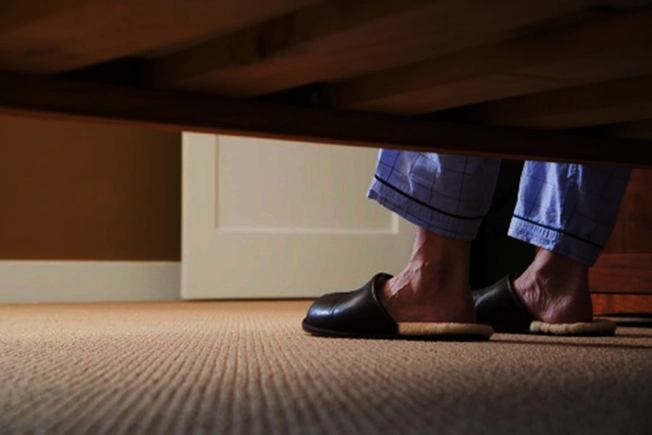
Bladder Control
If you wake often to go to the bathroom in the middle of the night, your age may be to blame. Your bladder tissue isn’t as flexible as before, and it holds less pee. Also, urinary incontinence -- when you can’t hold your bladder or leak urine when you cough or sneeze -- gets more common in old age.

Immunity
By your 60th birthday, your body has all but stopped making new T cells, which find and destroy germs and other invaders. So you’re less able to avoid infections or you take longer to recover. Vaccines won’t pack the same protective punch as before. You may need a higher-dose flu vaccine after 65. Also add vaccinations for shingles and pneumococcal disease to your to-do list: Both are more likely to strike when you’re over 60.
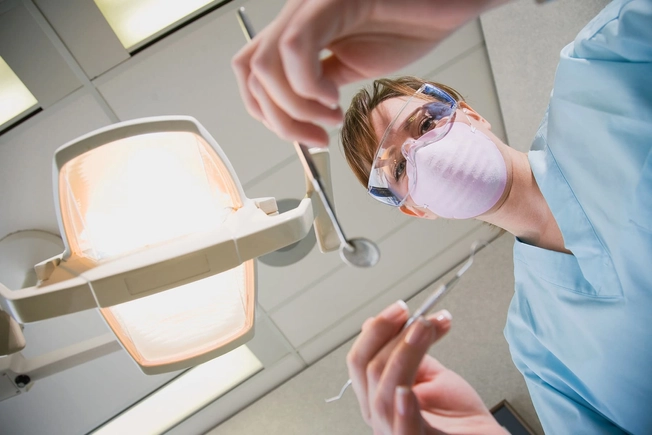
Teeth
Three out of 10 people over age 65 have dry mouth. It most often is a side effect of medications, but diabetes or other conditions also can cause it. Your chances for having oral cancer during your 60s is almost 4 times higher than for someone 20 years younger. See your dentist regularly.
IMAGES PROVIDED BY:
1) monkeybusinessimages / Getty Images
2) Darunechka / Getty Images
3) DuxX /Getty Images
4) AndreyPopov / Getty Images
5) Motortion / Getty Images
6) magicmine / Getty Images
7) Comstock /Getty Images
8) andy_Q / Getty Images
9) KatarzynaBialasiewicz / Getty Images
10) Enes Evren / Getty Images
11) monkeybusinessimages / Getty Images
12) Colorblind Images LLC / Getty Images
13) Fouque Michaël / Getty Images
14) Ron Levine Photography / Photodisc
American Academy of Dermatology Association: “The layers of your skin,” “How to care for your skin in your 60s and 70s.”
JAMA Otolaryngology: “Declining Prevalence of Hearing Loss in US Adults Aged 20 to 69 Years.”
Best Practice Advocacy Centre New Zealand: “Seventh age itch: Preventing and managing dry skin in older people.”
World Health Organization: “Hearing loss in persons 65 and older based on WHO global estimates on prevalence of hearing loss.”
Hear-It: “We all lose our hearing - sooner or later.”
National Institute on Deafness and Other Communication Disorders: “Hearing loss and older adults,” “Use of Hearing Aids by Adults with Hearing Loss.”
National Institutes of Health: “Research Portfolio Online Reporting Tools: Hearing Aids.”
Michigan Medicine Health Lab: “The Healing Function of Sweat Glands Declines with Age.”
American Family Physician: “Common causes of vision loss in elderly patients.”
National Eye Institute: “Facts about age-related macular degeneration.”
American Optometric Association: “Adult vision: Over 60 years of age.”
AARP: “What to expect in your 60s,” “Health: What to expect in your 60s,” “Sex in your 60s? It’s actually the best,” “Your looks at 60+.”
Choosing Wisely: “Bone-density tests.”
International Osteoporosis Foundation: “What is osteoporosis?”
Beyond Blue: “Life starts at sixty.”
Chicago Methodist Senior Services: “Four early warning signs of mental illness to watch for in older adults.”
A Healthier Michigan: “Get fit in your 40s, 50s, 60s and beyond.”
Sleep Education: “Sleep and growing older.”
National Cancer Institute: “Age and cancer risk.”
National Institute on Aging: “Heart health and aging,” “Bladder health for older adults.”
La Jolla Institute for Allergy and Immunology: Immune Matters: “Aging and the immune system: Can scientists turn back the clock?”
Brookings: “Why Aging and Working Makes Us Happy in 4 Charts.”
NORC at the University of Chicago: “General Social Survey 2012: Trends in Psychological Well-Being.”
Harvard Health Publishing: “The truth about metabolism.”
CDC: “Leading Causes of Death,” “Heart Disease Facts.”
Current Directions in Psychological Science: “What and When of Cognitive Aging.”
Emory University Goizueta Alzheimer’s Disease Research Center: “Cognitive Skills & Normal Aging.”
Medscape: “Urinary Incontinence in the Aging Female.”
American Dental Association: “Aging and Dental Health.”
National Institute of Dental and Craniofacial Research: “Oral Cancer Incidence (New Cases) by Age, Race, and Gender.”
